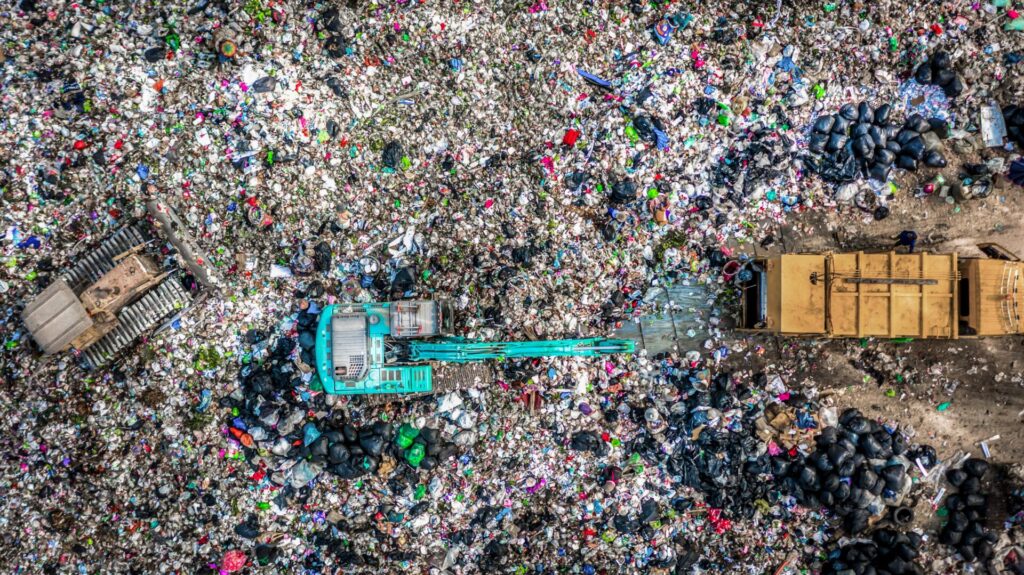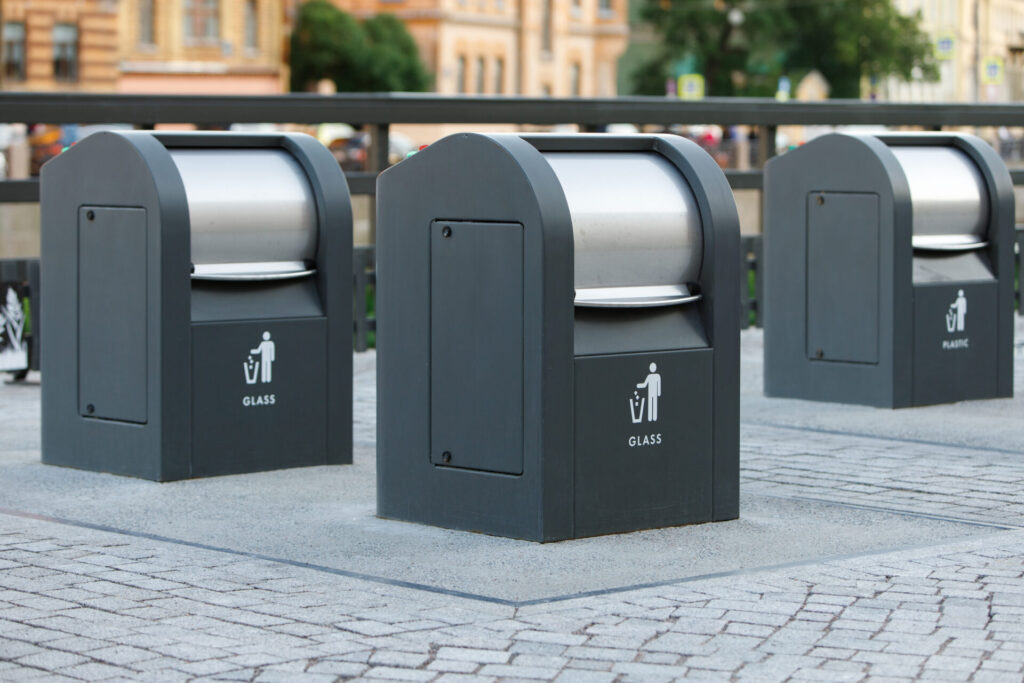
Transforming Urban Waste Management with AI-Powered Technology
Not long ago, Barcelona was plagued by overflowing trash cans & littered streets. Conventional waste systems were failing to keep up with exponentially growing trash volumes. Then something changed. The authorities adopted GPS-enabled waste collection vehicles and installed ‘smart bins’ equipped with sensors. Soon, waste collection and management became efficient, smoother and smarter. Landfills shrank and streets remained clean. Just like that, Barcelona set a prime example of how AI tools & IoT can transform the traditional waste management system.
Today, Barcelona is not the only example. Many cities, corporations and brands globally are implementing AI & IoT to improve their trash management. But why there’s fuss about this transition?

According to the World Bank, more than 2 billion tons of solid waste is generated worldwide. Most of this waste is not managed properly, which in turn chokes landfills, causes pollution, degrades ecosystems & harms livelihoods. Moreover, this figure is estimated to touch 3.4 billion tons in 2050! Hence, there’s a dire need to adopt technologies like AI & IoT for waste management & for protecting the planet.
Let’s understand how this transformation is changing urban living for the better.
Smart bins for waste collection: Buenos Aires and Singapore are the first cities to have installed smart bins on a large scale. These bins are equipped with sensors that can monitor the capacity of the bin in real time. Once full, they send a signal to collection trucks, thus making trash collection more efficient.
Automated sorting & recycling: Sweden, which is aiming for a net zero landfill strategy, has installed AI-driven, multi-arms robots in its waste segregation units. These robots identify & sort plastics, glass & metals with high accuracy. By adopting and investing in such innovative advancements, Sweden has achieved a 99% landfill diversion rate! In India, Bangalore is working towards opting a similar AI based solution to improve the speed & precision of separation of wet and dry waste.
Optimizing waste collection routes: London and San Francisco are among the cities that are using AI to optimize their waste collection routes. This helps guide vehicles about trash vulnerable routes & reduce fuel consumption & operational costs. Pune & Indore have also adopted GPS-enabled vehicles which follow AI-recommended routes to save time & labour.
Reducing landfill dependence: With the growing awareness about circular economy, AI helps by connecting waste generators with recyclers. A Pune based startup, Recykal is providing a platform for the same. Also, companies such as RecycLiCo in Canada are using AI to process & repurpose lithium-ion battery waste into reusable materials.
Reducing waste leakage: IoT devices & AI algorithms can help monitor waste segregation & disposal practices. This ensures compliance with government policies as well. For example, in Seoul, AI-powered systems track food waste disposal & spread awareness among citizens to reduce waste generation. Megacities in China use AI to predict waste surges, helping authorities, companies & brands plan better. Other notable examples are of cities such as Tokyo, where authorities are using a combination of AI and big data to predict waste generation patterns, particularly around events & holidays. In Los Angeles, AI-powered cameras are monitoring bins, ensuring recycling at the initial most level.
Thus, AI-facilitated practices ranging from smart sorting & route optimization to real-time monitoring & predictive analytics are being adopted by cities around the globe.
But, despite the growing use, implementation of such technologies is challenging. The first challenge is the high cost associated with implementing the technology on a large scale. Additionally, the absence of quality data on waste generation could limit the effectiveness of these AI-led technological solutions which are primarily dependent on data. In India and similar countries, stakeholders such as local municipalities and residents show reluctance to adopt advanced waste segregation methodologies and transition away from traditional systems. To adopt new technologies, human resources handling the waste collection and segregation need to be trained in the operation and maintenance of these systems.

In conclusion, from robotic recyclers in Sweden to smart bins in Barcelona, technology is reshaping how cities handle waste. Waste management is crucial for not only for the environment but also impacts the city’s or country’s public health. Populated countries like India produce around 62 million tons of waste, both recyclable and non–recyclable, every year, with an average annual growth rate of 4%. Hence, this calls for innovating and scaling up tech-based sustainable solutions. For effective implementation of advanced waste management techniques, government and private stakeholders need to collaborate to bring in investment and accountability. For urban planning, embracing AI and advanced technologies for waste management isn’t an option anymore, it’s a necessity for a cleaner, more sustainable future.
Subscribe to The Sustainable Brands Journal for more environmental news, stories, interviews, and updates.

Prachi, an accomplished Chief-Editor at The Sustainable Brands Journal, has 15+ years of experience in Europe, the Middle East, and India, managing 90+ global sustainable brands. She’s a prolific writer in sustainability, contributing to various publications. Prachi’s unwavering passion and expertise make her a recognized authority, driving positive change and inspiring a sustainable future.





